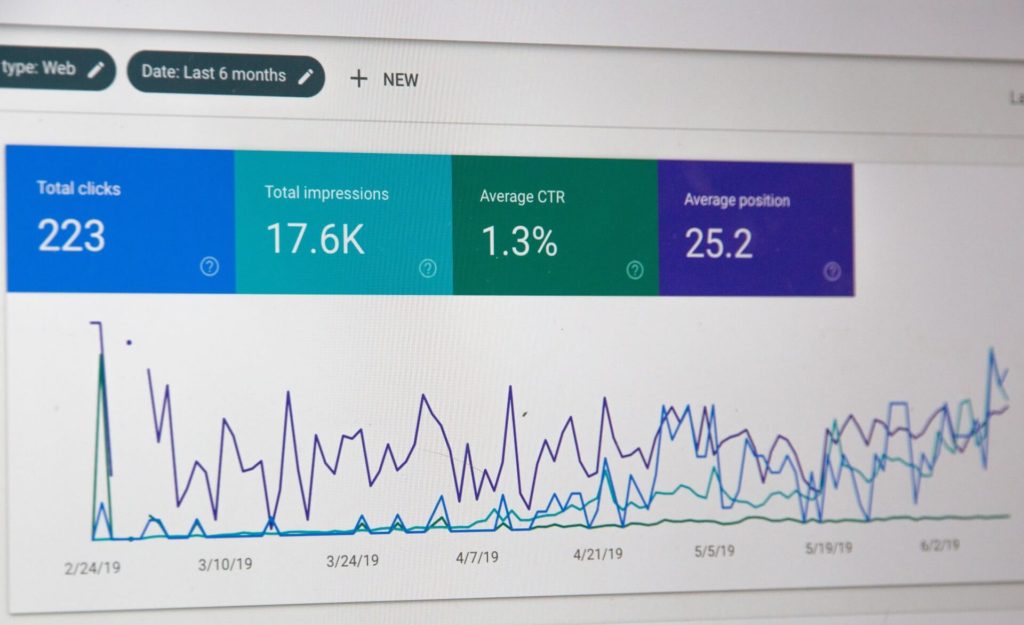Never Put All Your Eggs in One SEO Basket
Winning at SEO requires developing a robust marketing plan that includes many different parts. You have to have a great web design that balances the user experience with page speed and the firm’s brand identity. You have to have compelling and informative content and blogs. You have to be relevant on Facebook, Twitter and Instagram. You have to have a solid plan for link building and a clean link portfolio…and so on. It isn’t for the weak at heart.

Why Do Good Rankings Happen to Bad People?
Competing for spot one on Google often forces you to spend more time on your competitors’ sites to figure out how exactly they are beating you. You may have better content, stronger links, more benefits to clients – yet they still seem to come out on top. Further research may show that they are even using black-hat SEO practices and still ranking well, going against all of the lessons that you’ve learned about optimization. But why are they ranking well? Shouldn’t your best efforts be rewarded, and their worst practices punished?

The Truth About Links and How They Can Help Your Business Today
Links are always a hot topic of conversation in the marketing world. Links are used by many marketing agencies as a scare tactic to get you to sign on with them. They will base most of their SEO on expanding your number of external links and do very little other work on your website. The truth about links is that no one really knows what the magic number is for links. So, if an agency offers to get you thousands upon thousands of links, there is no real truth that it will help your business. But we do know that links are about quality, not quantity. You could have 50,000 spammy and irrelevant links and your website still won’t rank well, but if you have 20 solid, relevant links, you can rank very high.

Do Meta Tags Still Matter for SEO?
If you have ever talked with an SEO expert at length, you very likely heard about the meta descriptions on your website. While these may seem complicated, mysterious, or even magical, they are actually pretty simple. Meta data boils down to a set of tags in the header of page HTML that is used to tell Google a little more about your website. We are going to talk about three types of meta tags in this article, in order of their relevance to SEO: keywords, descriptions, and titles.

The SEO Opportunity Hiding in Plain “Site”
Most legal websites have some type of relevant content, whether it be legal articles, newsletters, or blogs. Any website that has a reasonable amount of good content (read: written for users, informative, and not copied from other websites) is off to a good start in terms of SEO. But many websites, even in competitive markets, are not using this content as well as they could. If you are looking for an easy fix to take your content to the next level, consider internal linking.

Good SEO Is Focused on Leads
SEO is a complicated industry, with as many tools to measure performance as there are experts on the subject. Every SEO company will differ on which tools are best. Some of the most prominent ways of measuring the success of your SEO are link strength (domain authority), rankings, and keyword density. While these and many other metrics can play a role in measuring SEO, we have found that the most important metric is leads.

Link Opportunities Are Everywhere!
You’ve probably heard the pitch: Your website looks great, but it could really use some links! You may have received emails from other law firms or websites claiming: We would love to showcase our content on your website for free. Or, from less scrupulous firms: Let’s swap links!

A Long-Term View of SEO (and Some DIY Tips)
One of the common misconceptions about SEO is how long it takes to start generating leads. While SEO is one of the most reliable and cost-effective sources of Web-based traffic, it takes a while to establish a new presence in competitive markets.

MozCast Google Algorithm Review – October 2018
The end of September saw a flurry of Google search engine activity! Those updates spilled over into the beginning of October, and we’ve been tracking them for you in our monthly installment of the MozCast Google Algorithm Review.
Ever wonder why your website’s rankings dip or swell? The answer is that Google’s engineers are always tinkering with Hummingbird, Google’s core algorithm, and its individual components. Since no one besides Google truly knows what is being done or the goals of the updates, we bring you the search engine world’s best guesses!
MozCast Google Algorithm Review – September 2018
After the storm comes a rainbow! Well, not exactly. But since August saw so many search engine ranking fluctuations due to Google’s broad core algorithm update, it made sense that the Google engineers would back off a bit in September and let the new changes take effect.![]()
![]()
![]()
To look at the hard data of what Google is up to, we rely on our friends over at Moz, who provide the daily MozCast: a “weather report showing turbulence in the Google algorithm over the previous day.” Moz develops its temperature reading with the help of 1,000 specific keywords, tracked every 24 hours. They grab the top 10 search engine results, and compare to the previous day. This lets them (and us) know if Google’s engineers are moving things behind the scenes. Read the rest »
Categories:
- Ask SLS
- Bail Bonds
- Community
- Google My Business
- Google Updates
- Holidays and Other Fun Stuff
- Law Firm Management
- Legal Online Marketing
- Local Search
- Marketing Tips
- Ms. White Hat’s SEO Corner
- Online Brand Development
- Online Content Development
- Online Review Sites
- Search Engine Optimization
- SLS News
- Social Media Marketing
- Video Marketing
- Website Design